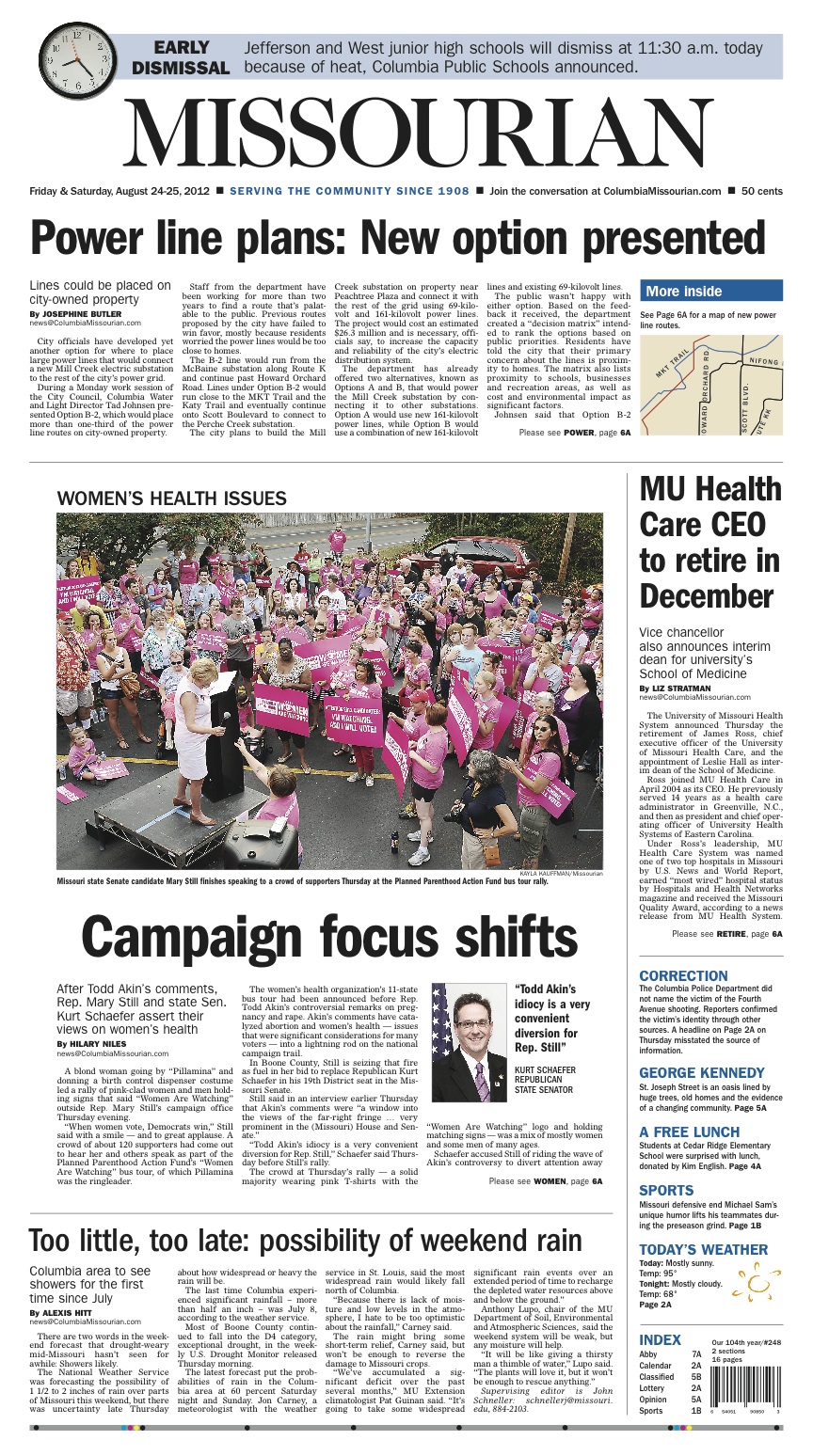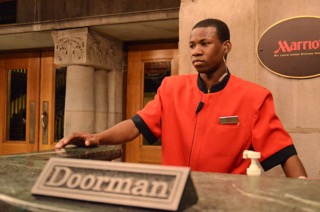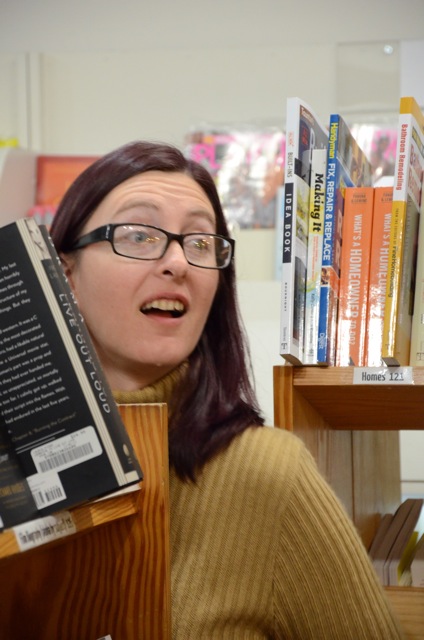Long-form profile as part of the American Next, a special project exploring the hopes, fears and changing expectations of Missouri’s next generation in challenging times / 4063 words / The Columbia Missourian
As a boy, growing up and going to school in an African refugee camp, the only thing Ahmed Abdalla really knew about America was that he wanted to move there.
He was just a baby when his parents escaped genocide and famine in their native Somalia. They left family behind — some murdered, others simply refusing to budge. They fled on foot, finding their way to a series of temporary safe havens. Six years later and with as many more children, the Abdallas built the first home their children would know. They lived in Kakuma, a refugee camp in northwestern Kenya.
In Kakuma, America’s allure was as ubiquitous as heat. It came with no proof: Ahmed had never known a refugee to return to the camp; there were no newspapers or radios and little access to modern media. Still, this rumor of America saturated Ahmed’s childhood and the refugee culture. Dreaming of a new life in America wasn’t discussed. It was understood.
Ahmed was 13 and had spent seven years in Kakuma when his family was relocated to St. Louis. There, they began another winding journey through a series of apartments, jobs and the maze of laws, challenges, demands and possibilities that is the real America.
Seven more years after his dream of America came true, Ahmed — now 20 and a doorman at a posh downtown hotel — is still learning what it means to live here.
Ahmed’s story echoes both the enduring gratitude and steep learning curve that often follow refugee resettlement. All is new in this new world and not all as it seemed from afar. From what he knew to what he imagined to what he found, Ahmed discovered that dreams-made-real take some getting used to.





